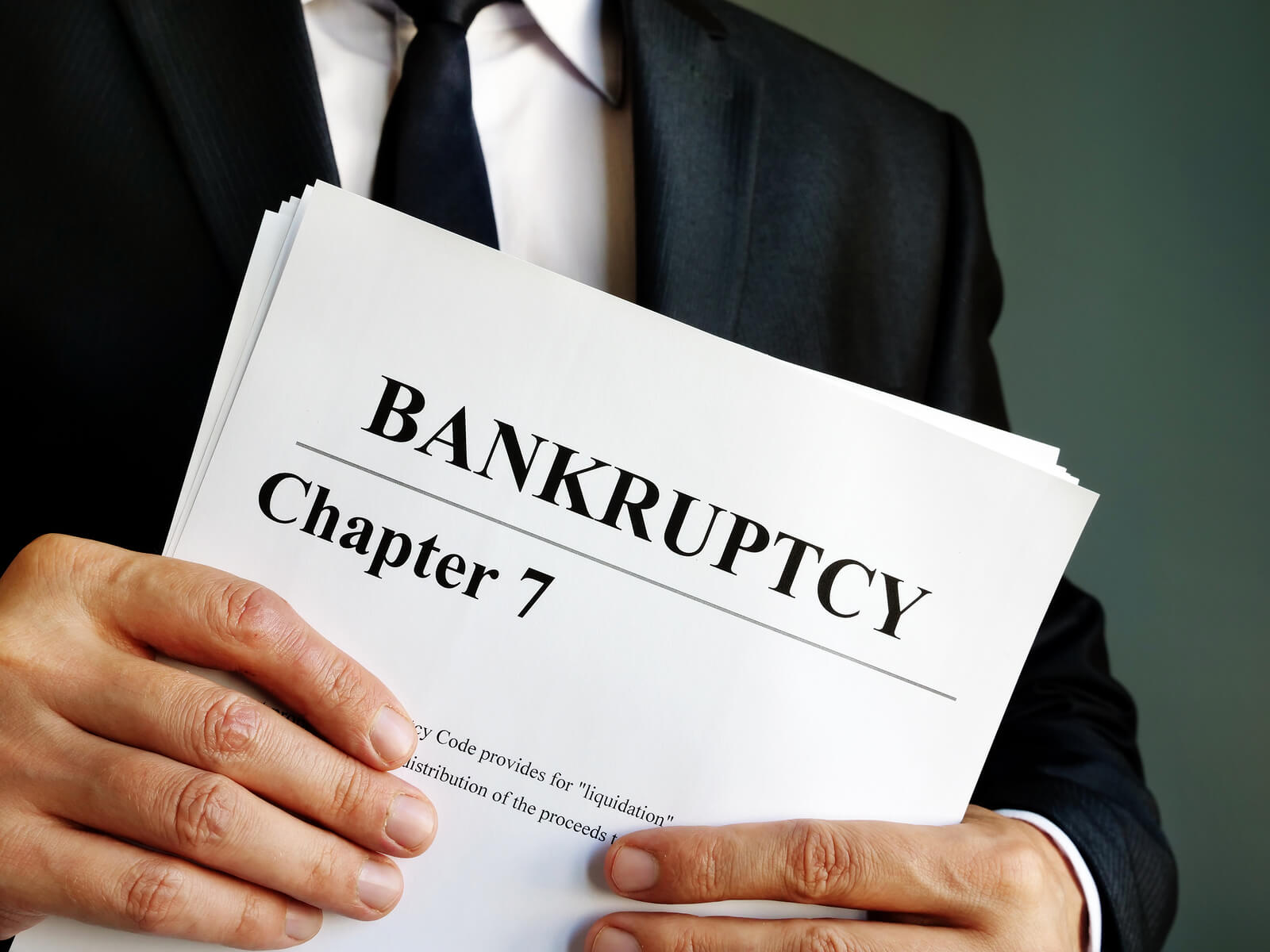
Declaring personal bankruptcy is a big decision that should be made only after careful consideration. It can provide relief from overwhelming debt, but it also has long-term consequences that can impact your credit score and financial future. In this article, we’ll explore some common reasons for and against declaring personal bankruptcy.
Reasons For Declaring Personal Bankruptcy
Overwhelming Debt: The most common reason individuals declare personal bankruptcy is due to overwhelming debt. This may include high credit card balances, medical bills, or other unsecured debts that have become too much to handle.
Job Loss: Losing a job or experiencing a significant reduction in income can make it challenging to keep up with monthly payments on outstanding debts. If you’re unable to find new employment quickly or don’t have sufficient savings to cover expenses, you may need to consider declaring bankruptcy.
Divorce: Divorce can be expensive and lead to significant debt due to legal fees, property division, and child support payments. Filing for bankruptcy may help alleviate some of the financial pressure associated with divorce proceedings.
Medical Expenses: Medical emergencies or ongoing health problems can result in substantial medical bills that are difficult to pay off over time. If you’re facing significant medical debt that you cannot manage on your own, filing for bankruptcy may be the best option.
Against Declaring Personal Bankruptcy
Long-Term Credit Score Impact: One of the most significant disadvantages of declaring personal bankruptcy is the long-term impact it has on your credit score. Bankruptcy stays on your credit report for up to 10 years and can make it challenging to obtain new lines of credit or loans in the future.
Loss Of Assets: Depending on the type of bankruptcy filed under (Chapter 7 or Chapter 13), you may lose valuable assets such as homes or cars if they are not exempt from being liquidated by the trustee appointed by the court.
Legal Fees And Court Costs: Filing for bankruptcy requires paying legal fees and court costs which can be expensive depending on circumstances surrounding filing/attorney hired/etc.! This added expense may put additional strain on already struggling finances!
Public Record Status : Personal bankruptcies are public record which means anyone who wishes access information about case/filed under chapter seven/thirteen! This loss privacy/increased scrutiny could cause embarrassment/stigma attached declaration making people uncomfortable sharing details surrounding filing.
Alternatives To Declaring Personal Bankruptcy
If you’re hesitant about declaring personal bankruptcy but still need relief from overwhelming debt, there are alternatives available:
Debt Consolidation Loans: A debt consolidation loan combines multiple debts into one monthly payment with a lower interest rate than individual debts carry separately! This helps reduce the total amount owed while providing easier repayment terms than what might otherwise be possible under separate accounts!
Debt Management Plans : Another option available for those struggling with excessive indebtedness involves enrolling in debt management plans offered through various non-profit organizations! These programs work to negotiate reduced interest rates/settlement amounts with creditors/allowing debtors to achieve greater level control over their finances/saving money compared to traditional repayment methods!
Budgeting And Negotiating With Creditors : Finally – those who wish to avoid formal declarations but still want work towards reducing outstanding obligations might consider restructuring their budgets or negotiating directly with lenders/creditors to reach more manageable terms or payment schedules without resorting to extreme measures like personal bankruptcy filings!
Declaring personal bankruptcy isn’t a decision that should be taken lightly; its impacts last long beyond discharge date! However – sometimes circumstances leave no other choice but pursue this route! If considering filing, contact experienced Birmingham bankruptcy attorneys to discuss options/eligibility requirements before proceeding forward any further.
Leave a Reply